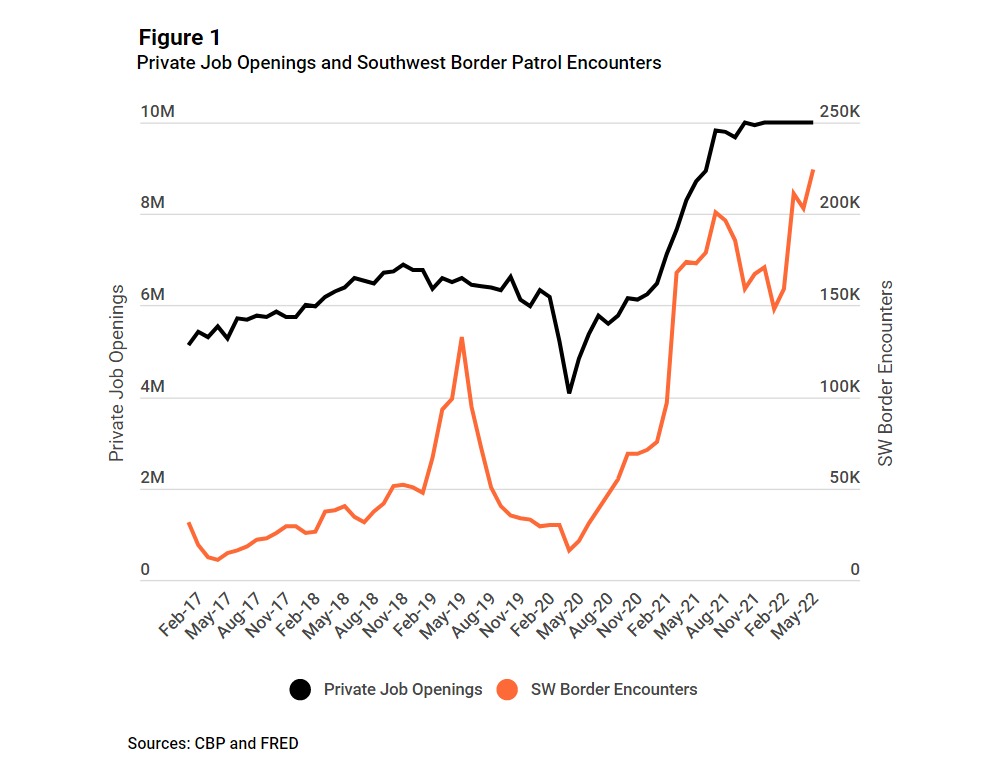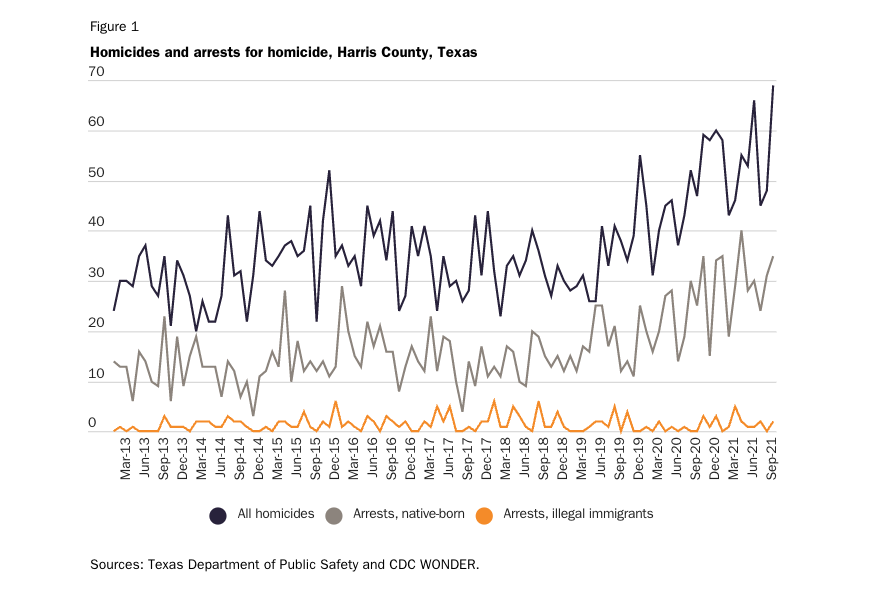Arizona’s Other Immigration Bill Is Even Worse
The Arizona Legislature should not use its state as laboratory for another poorly thought out immigration enforcement bill.
Coauthored by Adam Bates.
The Arizona Legislature should not use its state as laboratory for another poorly thought out immigration enforcement bill.
Arizona’s state government is considering a new immigration enforcement law called Senate Bill 1377. If passed, it would create mandatory minimum sentences for unauthorized immigrants who commit state felonies.
Just this week, the governor signed House Bill 2451, which focuses on making sure sentences are served fully before releasing unauthorized immigrants to ICE. That is less objectionable and less likely to be ignored, like Arizona’s other immigration laws.
SB1377 requires prosecutors to go the extra mile to actually enforce the law, which is similar to other poorly enforced Arizona immigration laws.
It’s time Arizona abandon these unworkable attempts to target unlawful immigrants.
3 reasons SB 1377 won’t reduce crime
Even if SB 1377 is well enforced, it wouldn’t help reduce crime.
First, there is little evidence that mandatory minimums actually deter crime. University of Minnesota law professor Michael Tonry surveyed decades of data and found that mandatory sentences do not deter serious crime. He went so far as to say that public support for mandatory sentences represents “the greatest gap between knowledge and policy in American sentencing.”
Second, mandatory minimums drive up incarceration rates by limiting the power of judges to steer non-violent defendants into alternative sentencing programs, exacerbating Arizona’s already high incarceration rates.
Third, there is little evidence that unlawful immigrants are particularly likely to commit violent or property crimes. A 2008 study by criminologists Laura Hickman and Marika Suttorp found that the recidivism rate for legal and unlawful immigrants in Los Angeles were identical. Their research implies that unlawful immigrants are less likely to be criminals than the general population because legal immigrants are less likely to be criminals than natives.
Cost to taxpayers
Besides being ineffective, SB 1377 could cost taxpayers. The Arizona Department of Corrections estimated that SB 1377 would cost an additional $15.1 million annually, much of it spent on non-violent offenders.
Under the proposed law, an unlawful immigrant with a marijuana joint and no prior convictions faces a mandatory prison term of one year. He would get three and a half years for selling that joint. There is no public interest being served by SB 1377’s draconian sentencing structure.
Harmful consequences of past efforts
SB 1377 follows an infamous history of bad Arizona immigration laws.
The 2007 Legal Arizona Workers Act (LAWA) mandated E-Verify for all employers in the state and created a “business death penalty” for those who habitually hire unlawful immigrants. Arizona then went further by passing SB 1070 — empowering law enforcement to enforce immigration laws.
Both laws were intended to create jobs for natives by forcing unlawful immigrants out of the state. But that ended up hurting the state’s economy.
LAWA spooked businesses and investors. World famous restaurateur Richard Melman halted plans to open an Asian-themed restaurant in Scottsdale when he learned of the business death penalty. “You put in $3 million or $4 million, and you can be shut down for a mistake. Why take a chance? I want to see how it plays out,” Melman said.
He wasn’t the only one who thought that way. After LAWA passed, the business formation rate crashed by over 14 percent in Arizona while it increased in neighboring New Mexico and California.
SB 1070 fared little better and was mostly struck down by the Supreme Court.
Arizona’s economy started to recover when businesses learned that LAWA and SB 1070 wouldn’t be enforced. The business death penalty was called the most aggressive action in the country to stop unlawful immigration but it was only used three times — twice on already bankrupted businesses. Meanwhile, only 58 percent of employers used E-Verify in 2014 when hiring a worker despite a universal mandate.
SB 1377 would follow on the heels of the two largely unenforced immigration enforcement laws passed in Arizona since 2007. It would add mandatory minimums for non-violent crimes when the accused is an unlawful immigrant — ruining lives for no gain to public safety but at a significant cost to taxpayers.
Passing tough laws and promising to enforce them is easy — actually doing so is difficult.
It’s time Arizona abandon these unworkable attempts to target unlawful immigrants.
This article originally appeared in Azcentral.com.








